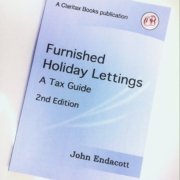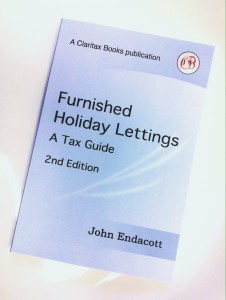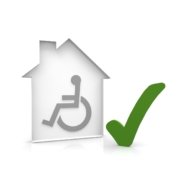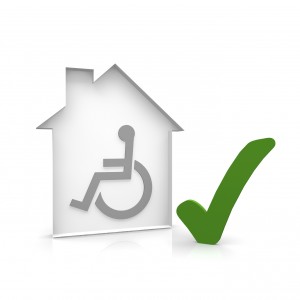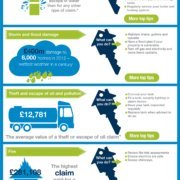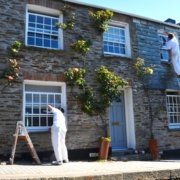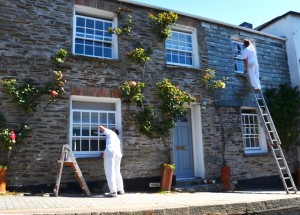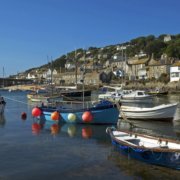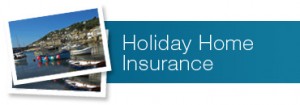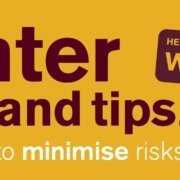 Catering for the growing British cycling market
Catering for the growing British cycling market
As the pinnacle of worldwide competitive cycling it may seem strange to refer to Tour de France winners as busses, but when Bradley Wiggins was crowned the king of the tour in 2012 very few of us, having waiting more than 100 years for a British winner, expected to see Chris Froome storming down the Champs-Élysées adorned in the yellow jersey just twelve months later.
Add to those names the likes of Chris Hoy, Rebecca Pendleton and many more from the record breaking GB cycling team of recent years and you begin to build a picture of a nation enjoying one of the most successful times in its cycling history.
So often elite level success trickles down to greater recreational participation; cycle paths have begun to pop up and be developed in greater numbers and many enjoying a stay in a holiday cottage this summer will now be looking forward to getting the family out for a day on the bikes. There are many ways of making your holiday cottage bike friendly and many owners will be looking for ways to appeal to this market.
So what can you do to cater to this growing market?
Provide guests with the information they need
It’s a good idea to provide your guests with information such as where the local cycle paths are, how long the cycle will be, potential stop off points and also the level of difficulty.
Whilst some may be after an adrenaline fuelled speed cycle through the local woods others will be seeking a more sedate experience whilst taking in the views so make sure your guests know what they’re getting themselves in for.
This information doesn’t need to be restricted to arrival or as a pack in your holiday home either. Consider promoting the local cycle paths on your website along with images from those unrivaled views. If you’re aiming to attract this sort of market it’s important to make sure they know everything you have to offer.
Washing and drying facilities
The British weather can be notoriously inclement no matter what the month, which when cycling is involved often leads to muddy and rain sodden clothing.
Providing designated areas where dirty clothes and trainers can be aired and washed will be an added bonus for visitors and will also limit the mud and dirt to certain parts of your holiday cottage.
Storage
Bicycles take up space so you need somewhere to store them. There is now a wide array of space saving storage devices on the market specifically designed for cyclists and they don’t have to cost the earth; some begin from just £29.99 from well known hardware stores.
Any potential space saving within the cottage itself can also save expense on having to erect external bike sheds and installing further security devices.
Providing bikes for your holiday cottage guests
If you’re providing bikes for your guests then you’ll need to confirm with your holiday cottage insurance provider if they are happy to extend your liability insurance for this activity and comply with policy conditions and good health and safety practice. At the very least you’ll have to ensure they’re regularly inspected and maintained by a competent person. If they’re defected in any way they should be made unavailable to guests until they have been repaired and are in full working order.
Make sure you provide helmets
Wearing a helmet is a vital part of cycling health and safety so if you’re providing bicycles to your guests it’s essential that you make these available.
Like your bike a helmet should also be inspected on a regular basis, with a log kept of when you last made an inspection, along with any replacements or repairs carried out.
Consider adding signage where your bikes are stored to remind them that the helmets are there for them and recommend they should be used at all times.
Boshers are specialist providers of insurance to holiday homes and cottages. For more information on how a specialist insurer can help and support your holiday home please give us a call on 01237 429444.

 Catering for the growing British cycling market
Catering for the growing British cycling market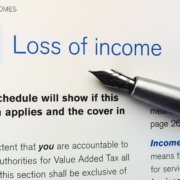
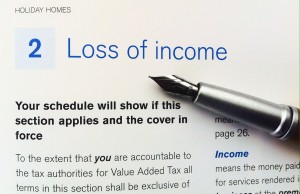 This can be an exciting time of the year for holiday homeowners. We know it can also be a busy time; taking bookings, preparing properties and making sure you are fully prepared for the first influx of visitors to your holiday home.
This can be an exciting time of the year for holiday homeowners. We know it can also be a busy time; taking bookings, preparing properties and making sure you are fully prepared for the first influx of visitors to your holiday home.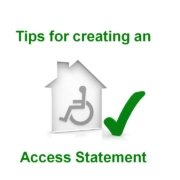
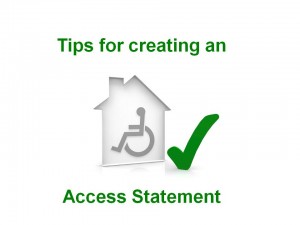 With visitor needs becoming increasingly diverse in nature it’s becoming more and more important to let your potential guests know that your property is the right one for them; that it meets all of their needs and it ticks all of the right boxes in terms of access, facilities and services.
With visitor needs becoming increasingly diverse in nature it’s becoming more and more important to let your potential guests know that your property is the right one for them; that it meets all of their needs and it ticks all of the right boxes in terms of access, facilities and services.